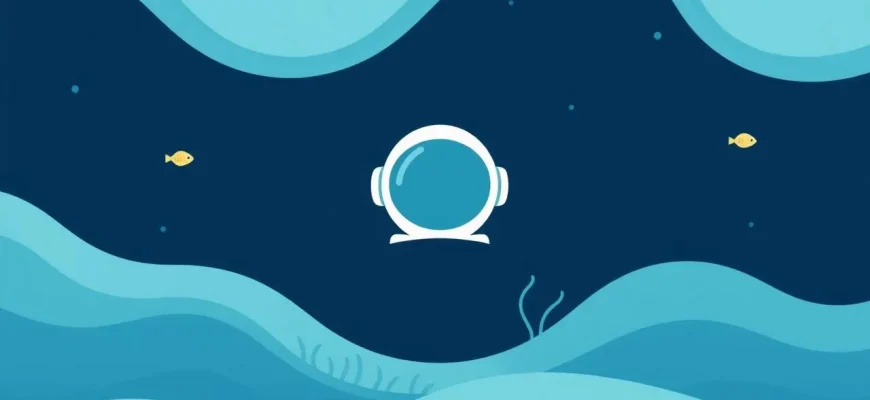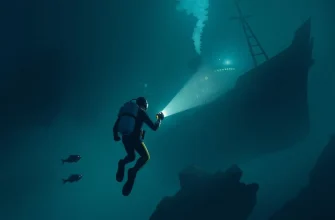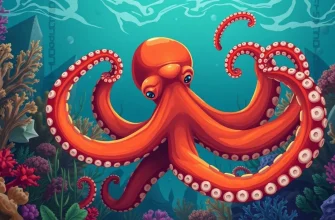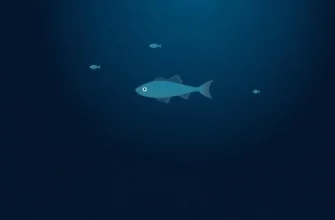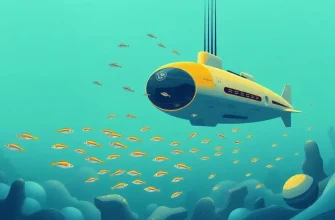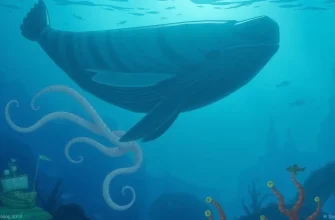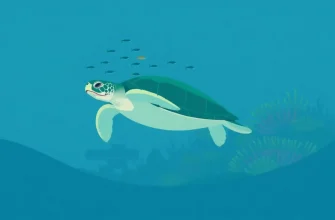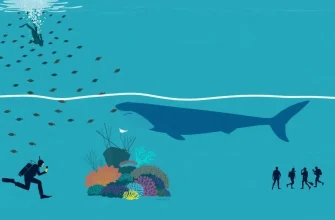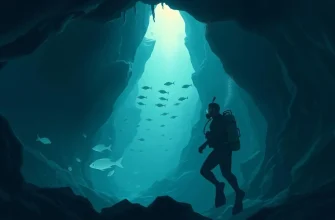The ocean, covering more than 70% of Earth's surface, is a realm of mystery, beauty, and unparalleled biodiversity. These documentaries not only showcase the breathtaking underwater world but also highlight the urgent need for conservation. From the vibrant coral reefs to the mysterious depths of the abyss, each film in this collection offers a unique perspective on the marine environment, educating viewers on the delicate balance of these ecosystems and the threats they face.

The Cove (2009)
Description: While focusing on the dolphin hunt in Taiji, Japan, this film also sheds light on the broader issues of marine conservation and the impact of human activities on ocean ecosystems.
Fact: The film won the Academy Award for Best Documentary Feature in
 Watch Now
Watch Now 
A Plastic Ocean (2016)
Description: Following a journalist and a scientist, this film documents their journey to uncover the global plastic pollution crisis and its devastating effects on marine life.
Fact: The film was screened at the United Nations to raise awareness about plastic pollution.
 Watch Now
Watch Now 
Planet Earth II (2016)
Description: While not exclusively about the ocean, this series includes an episode titled "Oceans" that delves into the lives of marine creatures, showcasing the dynamic and often harsh environment they inhabit.
Fact: The "Oceans" episode features the first ever footage of a sperm whale giving birth.
 Watch Now
Watch Now 
Oceans (2009)
Description: A visually stunning exploration of the ocean's inhabitants, this film captures the interconnectedness of marine life, from the smallest plankton to the largest whales.
Fact: It took four years to film, with over 500 hours of footage shot.
 Watch Now
Watch Now 
Plastic Paradise: The Great Pacific Garbage Patch (2013)
Description: This documentary investigates the massive accumulation of plastic waste in the Pacific Ocean, illustrating how human waste impacts marine life and ecosystems.
Fact: The film was inspired by the director's discovery of plastic debris on an uninhabited island in the Pacific.
 Watch Now
Watch Now 
The Blue Planet (2001)
Description: Narrated by Sir David Attenborough, this groundbreaking series explores the natural history of the world's oceans, from the sunlit surface to the darkest depths. It's a must-watch for understanding the complexity and beauty of marine ecosystems.
Fact: The series took five years to film and involved over 200 expeditions. It was the first natural history documentary to be filmed in high definition.
 30 Days Free
30 Days Free 
Sharkwater (2006)
Description: Focusing on the plight of sharks, this film exposes the illegal shark finning industry and the critical role sharks play in maintaining the balance of marine ecosystems.
Fact: The director, Rob Stewart, was a marine biologist before becoming a filmmaker.
 30 Days Free
30 Days Free 
Deepsea Challenge 3D (2014)
Description: This documentary follows filmmaker James Cameron's quest to reach the deepest point in the ocean, the Challenger Deep, highlighting the extreme conditions and the life forms that exist there.
Fact: Cameron's submersible, the Deepsea Challenger, was designed to withstand the immense pressure of the deep ocean.
 30 Days Free
30 Days Free 
Chasing Coral (2017)
Description: This film documents the rapid disappearance of coral reefs and the efforts to understand and combat coral bleaching. It's a poignant look at one of the ocean's most vibrant ecosystems.
Fact: The film's time-lapse photography of coral bleaching was the first of its kind, showing the process in real-time.
 30 Days Free
30 Days Free 
Mission Blue (2014)
Description: Following oceanographer Dr. Sylvia Earle, this documentary explores her "Hope Spots" initiative to protect critical marine habitats, offering a personal and scientific perspective on ocean conservation.
Fact: Dr. Earle has spent over 7,000 hours underwater, more than any other woman in history.
 30 Days Free
30 Days Free 
